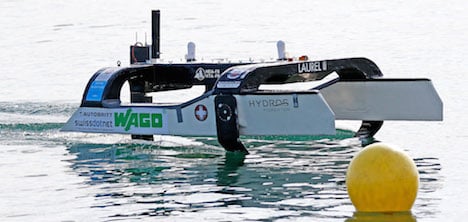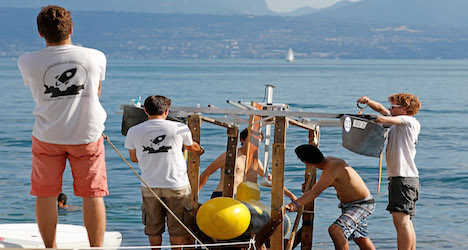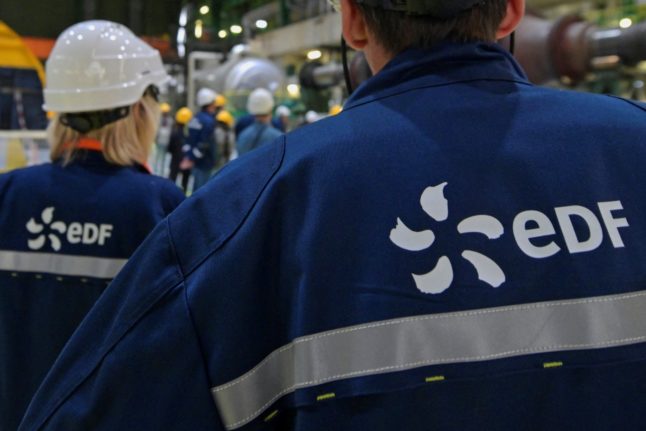Hydros, the event organiser, wants to demonstrate that it is possible for maritime transport to reduce energy consumption by improving energy efficiency in the boats of tomorrow.
The challenge it laid down was accepted by 16 international engineering schools who have designed and constructed boat prototypes.
The public are being invited to come and see the innovative, high-performance and more efficient boats as they race against each other.
The Hydrocontest, now in its second year, opened at the competition village at Pyramides de Vidy, Lausanne, on July 14th.
The contest concludes with an award ceremony for the best vessels on July 19th.
The teams from major engineering schools from all corners of the globe arrived in Switzerland last weekend, Hydros said in a media release.
In their luggage they carried small-scale boat prototypes they had spent months designing and constructing themselves.
The aim was to come up with designs for boats that can transport greater volumes, for longer periods, while consuming as little energy as possible.
The prototypes are being pitted against each other in ‘light transport’ and ‘mass transport’ classes to determine which is the most efficient under real conditions.
Time trials, which began on Wednesday, will determine which eight teams go through to subsequent rounds, leading up to the final on Sunday.

Photo: Hydrocontest
Visitors are able to follow the races from the shore in the Hydrocontest village, purpose built for the occasion on the Pyramides de Vidy site.
When no races are in progress, visitors will also have the opportunity to access the paddocks where the boats are made ready and to steer remote-controlled model hydrofoils in a dedicated pond.
Additionally, they can tour an exhibition on the history of foils, the underwater wings that allow these boats to 'fly'.
A 'Tech Talk' in which the teams present their projects takes place at the end of each day.
The final event – a long-distance race – and the prize-giving ceremony will take place on Sunday.
The event is “above all a globally unique platform for sharing expertise in the field of energy efficiency”, according to Hydros.
The Hydrocontest aims to address the “significant economic and environmental challenges facing the nautical and maritime industry”, it said.
This aim underlies the mission of the Hydros Foundation, which promotes the importance of technology and innovation in order to make more intelligent use of energy.
For more information, visit the Hydrocontest website.



 Please whitelist us to continue reading.
Please whitelist us to continue reading.
Member comments